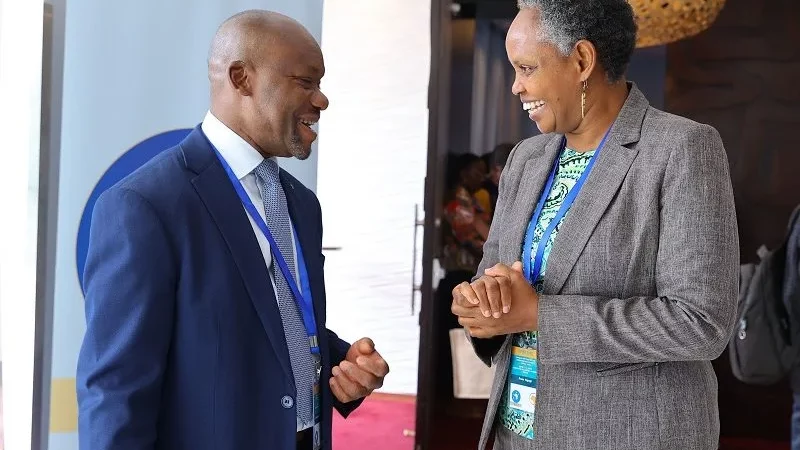Africa is currently facing a significant challenge in obtaining reliable and timely economic data, posing a hindrance to effective development planning. The recent African Econometric Society (AFES) forum, in collaboration with the African Economic Research Consortium (AERC), aimed to address this issue. High-level policymakers and academics, including Kenya’s Treasury Cabinet Secretary Prof Njuguna Ndung’u and AERC Executive Director Prof.Théophile Azomahou, gathered to discuss the pressing need for accurate economic statistics to inform policymaking in Africa.
Econometrics, a field that applies statistical methods, economic theory, and mathematical models, plays a pivotal role in translating theoretical economic models into practical tools for policymaking. The AFES forum served as a platform to bring together influential policymakers, presidential advisors, renowned professors, and members of the diplomatic community to deliberate on strategies for Africa’s economic recovery.
Prof Ndung’u expressed frustration regarding the unreliable nature of economic data and stressed the importance of international collaboration among policymakers to address the challenge of accessing credible and up-to-date data. He highlighted the scarcity of dependable economists, statisticians, and econometricians in many African countries, emphasizing the crucial role of timely availability in effective policymaking. Prof Ndung’u acknowledged the immense challenges faced when working with insufficient or outdated data and evidence.
As a leading institution in economic policy research and capacity building in Africa, the AERC aims to play a crucial role in enhancing the significance of econometrics in the region, bolstering economic resilience. Prof Azomahou, the AERC Executive Director, recognized the role of research in economic development and emphasized the consortium’s commitment to quality, excellence, and knowledge generation in economics and policy impact.
During the forum, the Danish Ambassador to Kenya, Ole Thonke, underlined the importance of comprehensive research in unlocking Africa’s growth potential. He expressed confidence in Africa’s wealth of skilled manpower and natural resources and stressed the need for enhanced research efforts and effective policies to unleash opportunities across the continent.
Prof. Rosa Matzkin, President of The Econometrics Society, highlighted the significance of Africa’s involvement in the society, acknowledging the continent’s valuable contributions to economic research. She emphasized the necessity of well-designed economic proposals based on reliable, fresh, and sufficient evidence. Prof. Matzkin emphasized that informed national policies, whether in infrastructure, health, education, fiscal matters, income, or monetary policies, require robust evidence to increase their likelihood of success.
The Association for Economic Studies (AFES) proudly marked the significant milestone of the 300th anniversary of Adam Smith, an eminent figure revered as the trailblazer of modern economics and celebrated for his seminal opus, “The Wealth of Nations.” This prestigious occasion served as an exceptional opportunity for esteemed policymakers and erudite scholars alike to engage in profound introspection, contemplating the pressing hurdles confronting the global economy. Additionally, it fostered a fertile ground for delving into the practical implementation of Smith’s profound wisdom to effectively tackle these challenges head-on.
The AFES 2023 Meeting, skillfully organized by a committee chaired by Prof. Théophile Azomahou, featured keynote presentations by esteemed individuals such as Prof. Ernest Aryeetey, Chairperson of AERC and the University of Ghana; Prof. Daron Acemoglu from the Massachusetts Institute of Technology (MIT); Prof. Esther Duflo, Nobel Laureate and Abdul Latif Jameel Professor of Poverty Alleviation and Development Economics at MIT; Prof. Kevin Chika Urama, Chief Economist and Vice President for Economic Governance and Knowledge Management Complex at the African Development Bank; Prof. Nathan Nunn from the University of British Columbia; Prof. James Robinson from the University of Chicago; and Prof. Leonard Wantchekon from Princeton University.


Leave a Reply